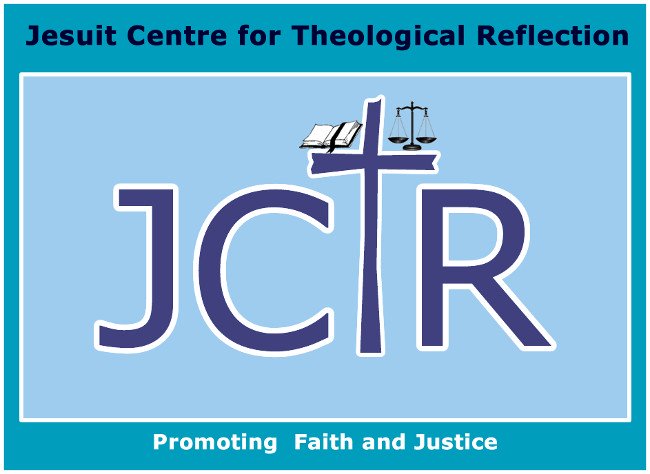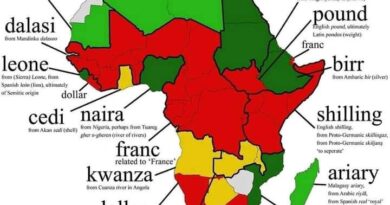Rising Cost of Living Driven by Lack of Countermeasures for Essential Inputs
The escalating cost of living, exacerbated by inadequate measures to mitigate fluctuations in production inputs such as fuel and maize, is putting significant strain on households’ ability to afford basic necessities. The Jesuit Centre for Theological Reflection (JCTR) has reported that the cost of living for a family of five in Lusaka reached K9,301.18 in July 2023, marking an increase of K61.73 from June 2023.
The rise in the cost of living can be attributed to notable price hikes in essential food items, contributing to the overall increase in the basic needs basket. Roller mealie meal, a staple in the Zambian diet, witnessed a substantial price increase of K39.67 from K321.99 (K161/25kg) to K361.66 (K180.83/25kg). Chicken prices surged by K75.68, while vegetables rose by K174.48 for 40kg, affecting households’ ability to afford essential dietary items.
Fluctuations in fuel pump prices, exchange rates, and seasonality are driving the escalating cost of living. These variables have created a persistent surge in both food and non-food prices, challenging households’ efforts to attain essential necessities due to the lack of synchrony between income levels and price fluctuations.
Notably, the cost of mealie meal has remained consistently high this year, with the price of two 25kg bags exceeding K360. This represents a concerning trend as it surpasses the monthly disbursement of K200 per household under the Social Cash Transfer program, designed to support vulnerable families. The increasing prices have far-reaching consequences for households’ financial resilience, particularly among the most vulnerable.
In light of this situation, the JCTR is urging the government to take proactive measures to alleviate the pressure on households. They suggest the establishment of strategic reserves for essential commodities like mealie meal to counteract supply shocks. Additionally, the government should implement strategies to reduce the cost of farming inputs, thereby incentivizing local farmers and boosting domestic supply.
The Zambia National Service (ZNS) is advised to supplement mealie meal supply for the local market exclusively, while the private sector should be supported to address the growing export market. Ensuring a balanced approach, the JCTR emphasizes that ZNS should not crowd out private sector participation in the export market.
As part of a broader strategy, the JCTR encourages the public to diversify their dietary choices to reduce reliance on a single food source and ensure adequate nutrient intake. Furthermore, promoting the production of various food types across different agricultural landscapes would enhance the country’s resilience in the face of climate change challenges.
In Pope Francis’ Laudato Si, the moral obligation to care for the environment is highlighted, suggesting investments in sustainable agriculture and market systems to address both economic and environmental concerns.



